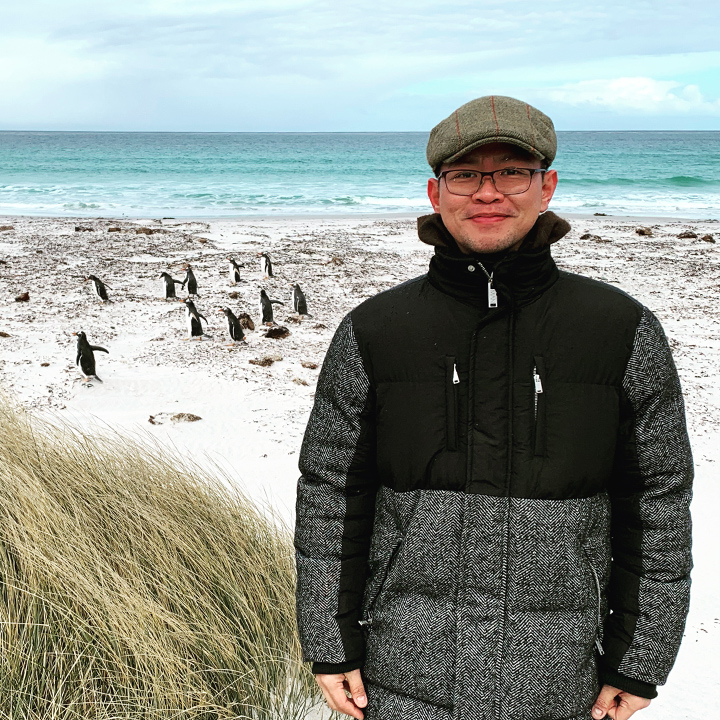
A City Person
- Name: James Bicaldo
- Job role: Chef/Marketer
- Age: 41
- Nationality: Filipino
- Moved: 2015
Name: Tim Mean
Job role: Teacher, Deputy Principal and Behaviour Support
Age: 46
Nationality: British
Moved: 2020
“Come with an open mind, with the philosophy of not saying no to anything… it’ll give back to you twofold.”
– Tim Mean
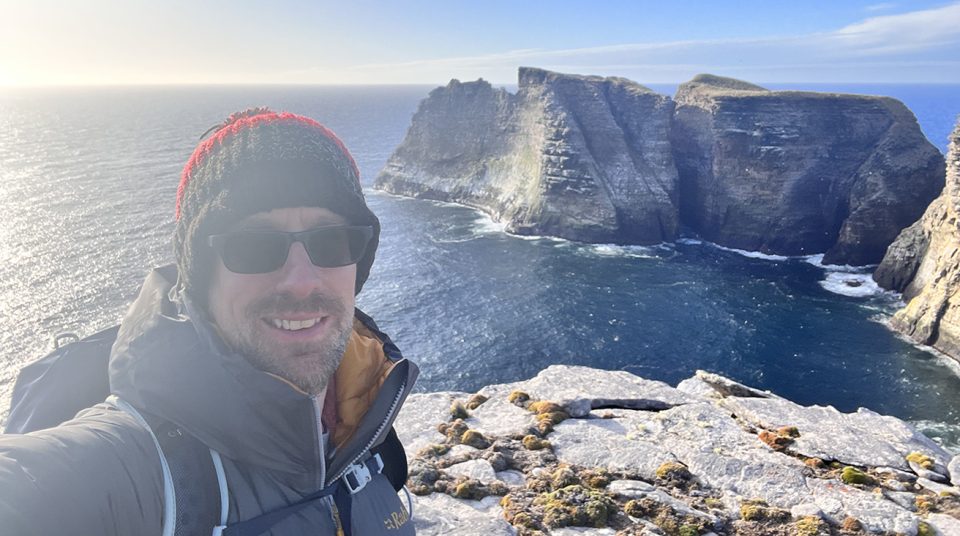
What brought you to the Falkland Islands?
I originally moved here as a Year 5 teacher and spent three years in that role before becoming deputy principal. I left for a short time last August but quickly realised how much I missed it. I returned in January as a behaviour support teacher – and it really did feel like coming home.
It’s just a lovely place. I feel happy here. There’s so much space and time, and that’s been a huge boost for my wellbeing.
What was it like adjusting when you first moved?
As I had a friend here, I’d asked quite a few questions and knew what to expect, but there’s definitely a transition period. You can’t always get what you need – right now, we’ve got a butter shortage. The internet can be slow. Travel disruptions, like postponed air bridges, are frustrating. But once you’ve got used to that, the positives far outweigh the negatives. The community is warm and welcoming, which helped me settle quickly.
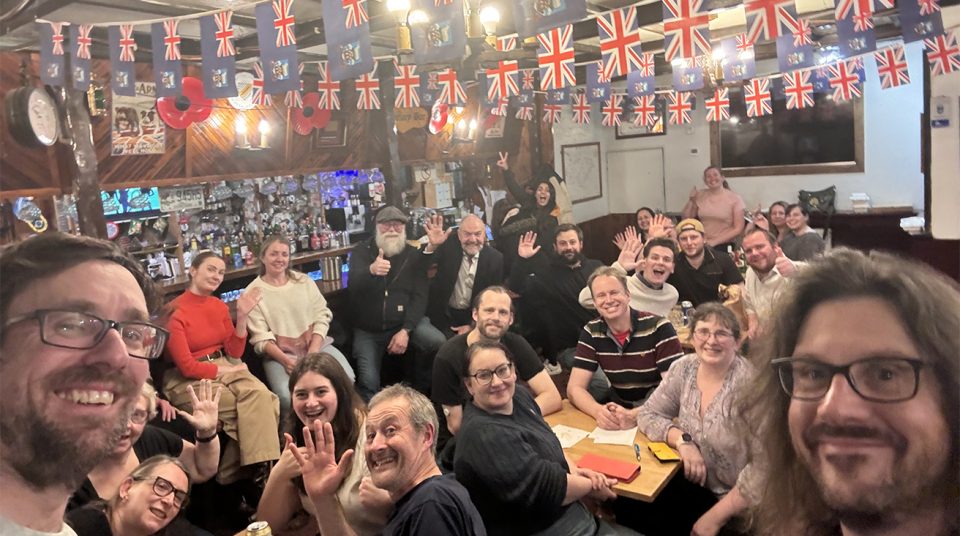
What clubs or hobbies have you been involved in since moving to the Falklands?
I’ve done things here I’d never have tried back in the UK. I’ve played indoor and lawn bowls, bridge, archery – even knitting. There are clubs for volleyball, basketball, and darts. I now do a weekly darts report on the local radio and host a monthly pub quiz and winter radio quiz.
I’m also part of the drama club, which puts on productions once a year. Because it’s a smaller community, I’ve had the chance to play bigger roles than I might have elsewhere – even performing in local drag shows. I help with Park Run, and love getting out to see the wildlife – penguins, off-roading, and island hopping. If you embrace what’s here, it’s an amazing place to be.
As someone who works with children, what advice would you give families who are moving to the Falklands?
Moving to the Falklands with children can be a hugely positive experience, but it’s not without its challenges, particularly in terms of schooling and social life. The experience for children varies quite a bit depending on their individual personalities and how they adapt to the close-knit nature of life on the islands. Because the community is small, peer groups are limited. For some children, that can be difficult.
At the same time, many young people thrive in this environment. The schools are part of the community fabric and, like everything else on the islands, are shaped by that same strong sense of closeness and support. Families considering the move should take their own child’s social and emotional needs into account when deciding if the Falklands will be a good fit.
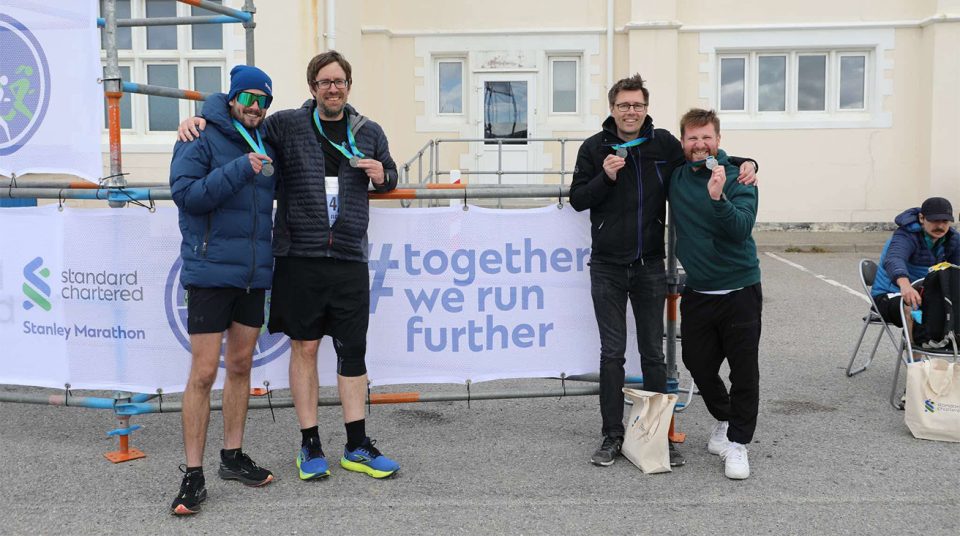
How does the lifestyle compare?
The work-life balance is much better than back in the UK. With no long commutes and everything within walking distance, I have more time for myself. I can finish work and be at the beach, out walking, or at the leisure centre within minutes. Life just feels healthier and more manageable here.
Could you see yourself staying long-term?
Yes, that’s the plan. Shifting from contractor to local terms has its own stresses, and housing can be tricky, but I’m hopeful it’ll be worth it.
What do you think makes the Falklands so special?
It’s the community, it’s a massively supportive and encouraging community. People will lend you their car, or you might say, “I need some golden syrup,” and someone says, “I’m not in, but just go in and help yourself.” That kind of trust is lovely.
What advice would you give others thinking about the move?
Come with an open mind. Come with the philosophy of not saying no to anything and embrace it for what it is. It’ll give back to you twofold, because it’s a supportive and encouraging community – if you let it in.
And finally, what do you love most about being here?
The opportunities. The wildlife. The open spaces. And the work-life balance.
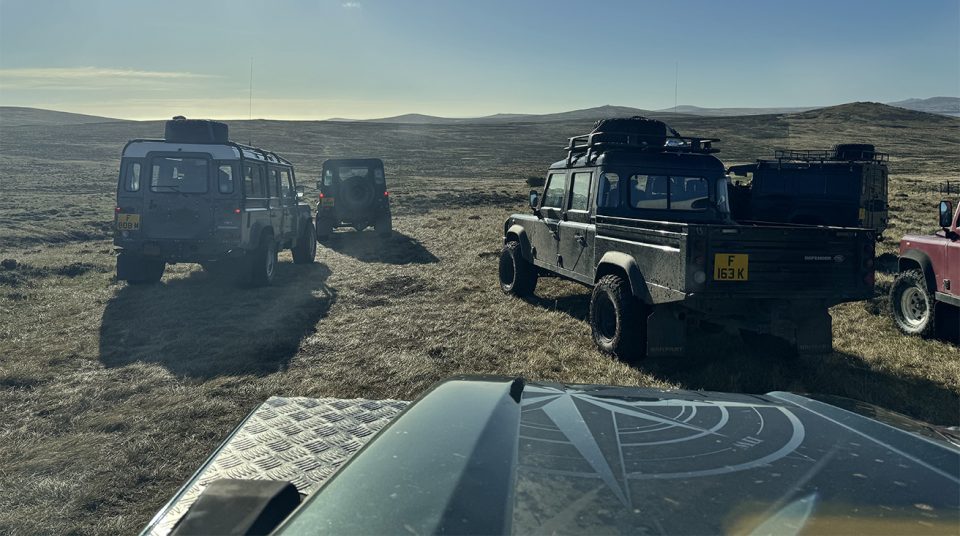

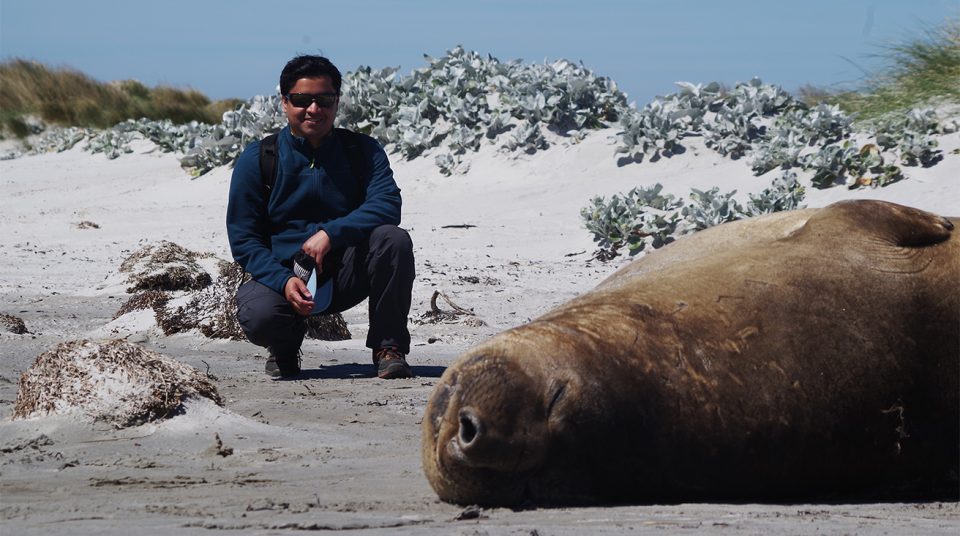
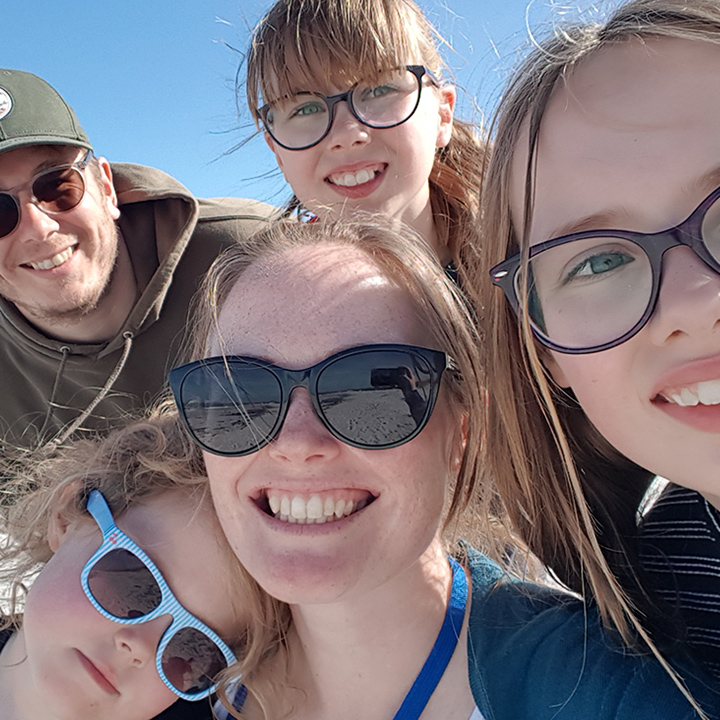
Images supplied by Tim Mean